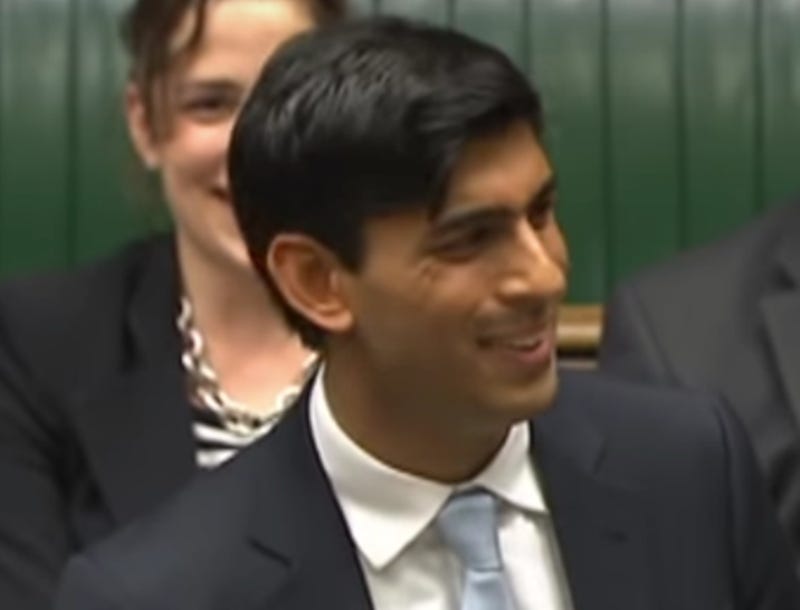Is Singapore Ready for an Indian PM?
The UK is ready for one, so Singapore should be ready for a prime minister who is Indian, Malay, or any other ethnic and religious minority.
By: Toh Han Shih
There is rising buzz in the UK over whether Chancellor of the Exchequer Rishi Sunak might succeed Boris Johnson as British Prime Minister, with speculation making its appearance in media from the Herald of Scotland to the London Evening Standard, and with a September Ipsos MORI survey finding that the British rated Sunak better than John…
Keep reading with a 7-day free trial
Subscribe to Asia Sentinel to keep reading this post and get 7 days of free access to the full post archives.

